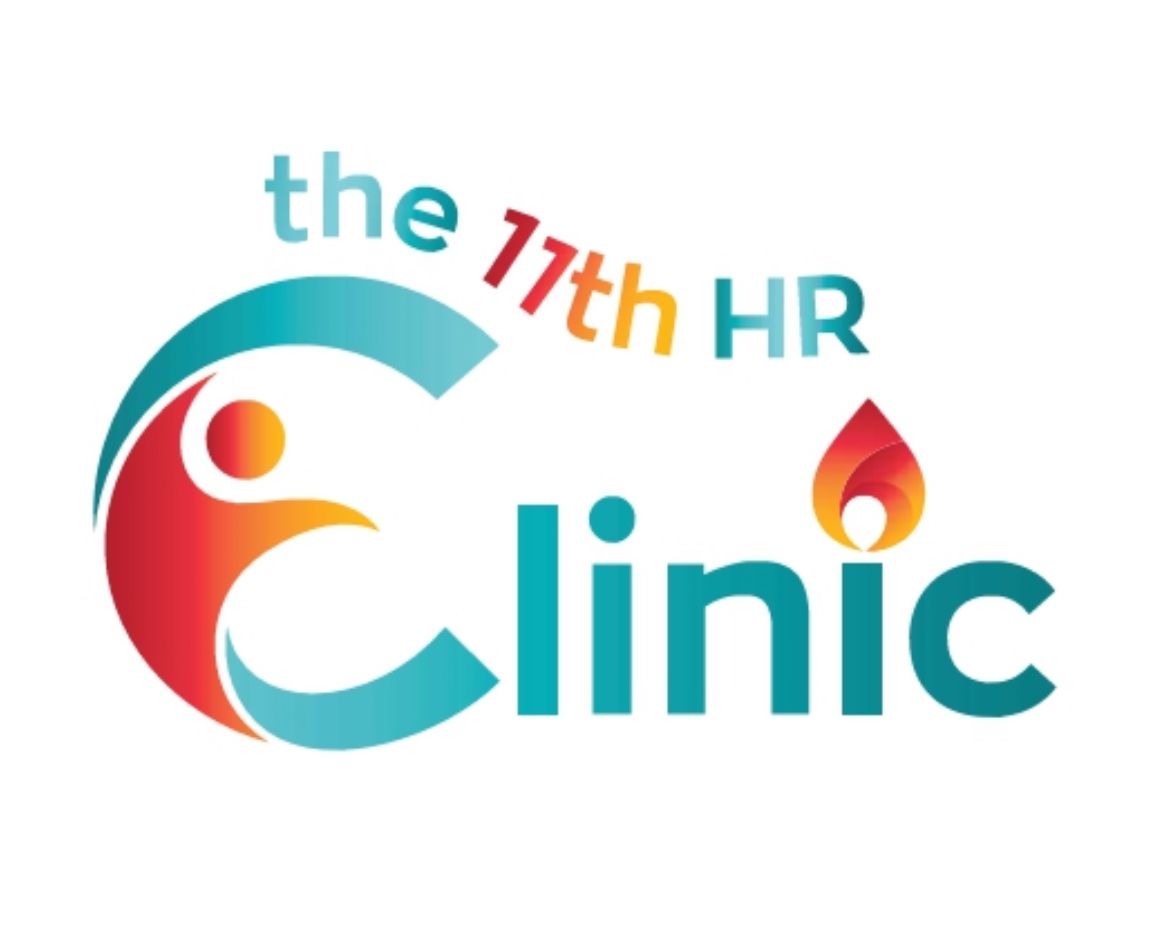Critical Thinking: The Hallmark of University Education
Developing the Skills to Analyse, Evaluate, and Thrive in Complex Academic and Professional Environments
Critical thinking is widely recognised as a foundational skill in university education. It involves the ability to analyse information objectively, evaluate evidence, synthesise diverse perspectives, and arrive at reasoned conclusions. Far beyond memorising facts or following predetermined instructions, critical thinking fosters intellectual independence and prepares students for complex real-world challenges.
Universities play a crucial role in developing critical thinking abilities, which are essential for academic success and lifelong learning. According to Facione (2015), critical thinking includes skills such as interpretation, analysis, evaluation, inference, explanation, and self-regulation. These skills enable students to engage deeply with subject matter and apply knowledge creatively and responsibly.
Scientific Inquiry and Research Methods
In disciplines such as psychology, biology, and social sciences, critical thinking is vital for scientific inquiry. Students learn to design experiments, formulate testable hypotheses, and critically evaluate results, rather than accepting conclusions at face value. This process involves recognising cognitive biases and methodological limitations (Kahneman, 2011). For instance, psychology students learn statistical reasoning to discern significant patterns from noise, a skill essential for interpreting research findings responsibly (Garfield & Ben-Zvi, 2007).
Ethical Decision-Making in Professional Practice
University education prepares students to navigate ethical dilemmas by fostering reflective judgment. In fields like healthcare, business, and law, professionals face complex decisions involving competing values. Critical thinking supports the evaluation of moral principles and potential consequences, enabling ethically sound decisions (Rest, 1986). This reflective process often requires questioning prevailing norms and considering diverse stakeholder perspectives, going beyond simple rule-following.
Problem-Solving in Complex Real-World Situations
Critical thinking equips students to tackle problems that lack clear-cut answers. For example, project management or public policy development demands evaluating multiple, sometimes conflicting, factors and generating innovative solutions. Jonassen (2011) emphasises that ill-structured problems require learners to engage in analysis, synthesis, and evaluation, core components of critical thinking, to create viable outcomes.
Communication and Argumentation Skills
Effective communication hinges on critical thinking. Constructing and defending well-reasoned arguments in essays, presentations, or debates requires the ability to analyse evidence, anticipate counterarguments, and articulate ideas clearly (Kuhn, 1999). University students develop these skills through coursework and peer interaction, enhancing their capacity to influence and collaborate in professional contexts.
Interdisciplinary Learning and Integrative Thinking
Modern challenges often span multiple disciplines, making integrative thinking essential. Universities encourage students to synthesise knowledge from diverse fields, such as combining environmental science with economics to address sustainability. This requires critical evaluation of differing methodologies and assumptions, fostering flexible thinking and innovation (Newell, 2007).
Technology and Information Literacy
In an era of information abundance, critical thinking is crucial for assessing source credibility and combating misinformation. Students learn to navigate digital landscapes thoughtfully, evaluating online content and using data responsibly (Metzger & Flanagin, 2013). This skill protects against bias and supports evidence-based decision-making in academic and everyday life.
Supporting Your Higher Education Journey: How the 11th hour clinic Can Help
Transitioning into or progressing through university can be challenging at any stage of life, whether you’re a recent high school graduate, a mature-age student, or balancing study with work and family commitments. The 11th hour clinic offers tailored support to help you develop the critical thinking skills and emotional resilience needed to succeed in higher education.
Our experienced team provides coaching, workshops, and counselling services designed to:
- Enhance your academic confidence and study strategies
- Build problem-solving and decision-making skills
- Develop effective communication and interpersonal abilities
- Manage stress and maintain motivation through transitions
No matter where you are in your educational journey, the 11th hour clinic is here to support you in unlocking your full potential.
Visit us at our clinics in Brisbane City, North Lakes and on Bribie Island. For more information see our locations page or call us on 07 3303 0364.
References
Facione, P. A. (2015). Critical thinking: What it is and why it counts. Insight Assessment.
Garfield, J., & Ben-Zvi, D. (2007). How students learn statistics revisited: A current review of research on teaching and learning statistics. International Statistical Review, 75(3), 372-396.
Jonassen, D. H. (2011). Learning to solve problems: A handbook for designing problem-solving learning environments. Routledge.
Kahneman, D. (2011). Thinking, fast and slow. Farrar, Straus and Giroux.
Kuhn, D. (1999). A developmental model of critical thinking. Educational Researcher, 28(2), 16-25.
Metzger, M. J., & Flanagin, A. J. (2013). Credibility and trust of information in online environments: The use of cognitive heuristics. Journal of Pragmatics, 59, 210-220.
Newell, W. H. (2007). Decision making in interdisciplinary studies. Issues in Integrative Studies, 25, 1-18.
Rest, J. R. (1986). Moral development: Advances in research and theory. Praeger.



